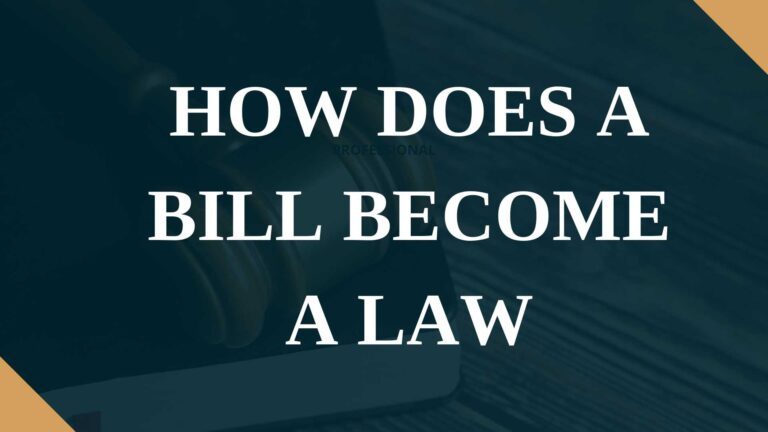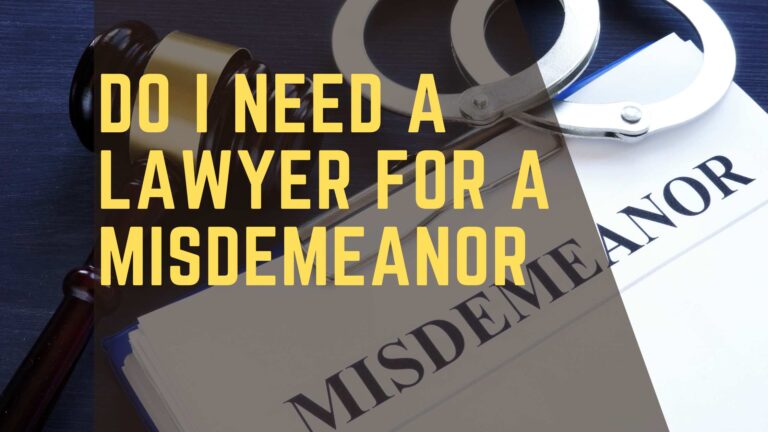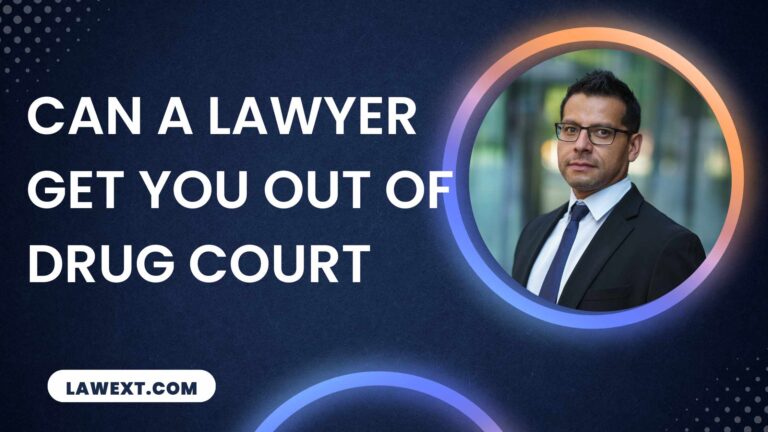How Long Can a Lawyer Hold Money in Escrow?

A lawyer can legally hold money in escrow for as long as the agreement specifies. Escrow is a method used in many legal transactions, such as real estate purchases and business transactions, to protect both parties involved.
Table of Contents
How Long Can a Lawyer Hold Money in Escrow? a lawyer holds funds or property until specified conditions are met or a predetermined time has passed. This ensures that neither party is disadvantaged or at risk during the transaction. The length of time a lawyer can hold money in escrow depends on various factors, including the nature of the agreement and the terms outlined in the contract.
It is important for all parties involved to clearly understand the terms of the escrow agreement to ensure a smooth and fair transaction.
The Role Of A Lawyer
A lawyer is responsible for holding money in escrow until certain conditions are met. The length of time a lawyer can hold the funds depends on the terms of the escrow agreement and the applicable laws. It is essential for lawyers to handle escrow funds ethically and within the legal framework to ensure the protection of their client’s interests.
Responsibilities In Escrow
In the process of buying or selling a property, lawyers often play a crucial role in managing the financial transactions. Among their many responsibilities, one of the key tasks lawyers undertake is holding money in escrow. This refers to the temporary holding of funds by a neutral third party until the completion of a specific condition or event. In the sphere of real estate, lawyers act as the trusted intermediary, ensuring the proper handling of funds to protect the interests of all parties involved.
Legal Obligations
Lawyers holding money in escrow have deep-rooted legal obligations to abide by. These obligations serve to maintain transparency, fairness, and impartiality in the transaction. By consistently adhering to their duties, lawyers not only protect the financial integrity of the deal but also establish trust and confidence in the process. Here are the primary legal obligations that lawyers must fulfill when holding money in escrow:
- Fiduciary Duty: Lawyers have a fiduciary duty towards their clients and must act in their best interests at all times. This means that lawyers are obligated to handle and safeguard the funds with utmost care and diligence.
- Compliance with Professional Standards: Lawyers must adhere to the professional standards and ethical guidelines set by their respective legal bodies. These standards ensure that lawyers maintain a high level of professionalism and competence in managing escrow transactions.
- Strict Accounting Practices: Lawyers must maintain accurate and transparent records of the funds held in escrow. This includes timely reconciliation, appropriate documentation, and prompt reporting to all parties involved. Such meticulous accounting practices provide transparency and prevent any mishandling or misappropriation of funds.
- Confidentiality: Lawyers are bound by strict confidentiality rules. They must not disclose any sensitive or confidential information obtained during the escrow process unless authorized by the client or required by law.
Laws And Regulations
When it comes to holding money in escrow, lawyers are subject to various laws and regulations that dictate how and for how long they can hold funds on behalf of their clients. Understanding these laws and regulations is crucial for both lawyers and their clients to ensure compliance and protection of funds.
State Laws
State laws play a significant role in determining the duration for which a lawyer can hold money in escrow. Each state has its own specific laws and regulations governing the handling of client funds. It is important for lawyers to be familiar with the particular requirements in their jurisdiction to ensure they are in compliance and to avoid any potential legal issues.
Aba Guidelines
The American Bar Association (ABA) provides guidelines and standards that lawyers should adhere to when holding money in escrow. These guidelines offer best practices for the ethical and responsible handling of client funds, including the proper maintenance of trust accounts and transparency in financial transactions. Lawyers are expected to follow these guidelines to uphold professional ethics and ensure the protection of their clients’ funds.
Factors Affecting The Duration
When it comes to holding money in escrow, the duration can vary based on several factors. Understanding these factors is crucial for both lawyers and clients involved in transactions. By considering the nature of the transaction, the potential for disputes, and any agreements made between the parties, lawyers can determine an appropriate timeframe for holding money in escrow.
Nature Of The Transaction
The nature of the transaction plays a significant role in how long a lawyer can hold money in escrow. Different types of transactions may have unique requirements or legal considerations that affect the timeline. For example, the sale of real estate often involves complex negotiations, inspections, and title searches. These additional steps may extend the duration of escrow, as the lawyer must ensure all necessary conditions are met before releasing the funds.
Dispute Resolution
Disputes can arise during any transaction, and these disagreements can impact the duration of money held in escrow. When there is a dispute between the parties or potential legal issues that need to be resolved, the lawyer may need to hold the funds for an extended period. This gives both parties time to reach a resolution or for the lawyer to initiate legal proceedings, if necessary. In such cases, lawyers must prioritize a fair and impartial resolution to protect their clients’ interests.
Agreements Between Parties
The agreements made between the parties involved in a transaction can also affect how long a lawyer holds money in escrow. These agreements may specify certain conditions or timelines for the release of funds. For example, parties may agree that the funds will be held until specific milestones are met or until certain documents are provided. Lawyers must thoroughly review and adhere to these agreements, as they dictate the duration of the escrow period.
In conclusion, the duration of holding money in escrow depends on factors such as the nature of the transaction, the potential for disputes, and the agreements made between the parties involved. Lawyers must navigate these factors to ensure a fair and efficient process for all parties involved.

Credit: allylawsuitloans.com
Consequences Of Delay
When it comes to handling money in escrow, timeliness is of utmost importance. Lawyers have an ethical and legal responsibility to act in the best interest of their clients and to safeguard the funds held in escrow. However, if a lawyer delays the release of funds without valid justification, there can be serious consequences, ranging from breach of fiduciary duty to potential liability and legal action.
Breach Of Fiduciary Duty
A lawyer’s role as a fiduciary means that they are legally obligated to act in the best interests of their clients. This duty includes promptly releasing funds held in escrow when the agreed-upon conditions have been met. Therefore, in cases where a lawyer unreasonably withholds the release of funds, a breach of fiduciary duty may be deemed to have occurred.
Liability And Legal Action
When a lawyer improperly holds money in escrow for an extended period, it can result in liability and legal consequences. Clients who suffer financial harm due to the delay in fund release may choose to pursue legal action against the lawyer. They can bring lawsuits to claim damages resulting from potential losses, including any additional expenses incurred during the delay.
In addition to potential lawsuits, lawyers may also face disciplinary actions from their respective legal governing bodies. If found guilty of breaching their fiduciary duty, lawyers can be subjected to penalties such as fines, license suspension, or disbarment.

Credit: expresslegalfunding.com
Conclusion
The duration for holding money in escrow is a crucial matter for any lawyer. They must adhere to legal standards and act in the best interest of the parties involved. Understanding the rules and responsibilities involved in escrow management is essential for legal professionals to ensure compliance and uphold trust in financial transactions.
Amelia Justiceberg, a distinguished legal luminary, thrives on the intersection of empathy and legal acumen. As a prominent family law attorney, she orchestrates compassionate resolutions amidst complex dynamics. Justiceberg's courtroom finesse and dedication to fairness define her practice. Beyond litigation, she ardently advocates for social justice, solidifying her reputation as an influential force in the legal landscape.






